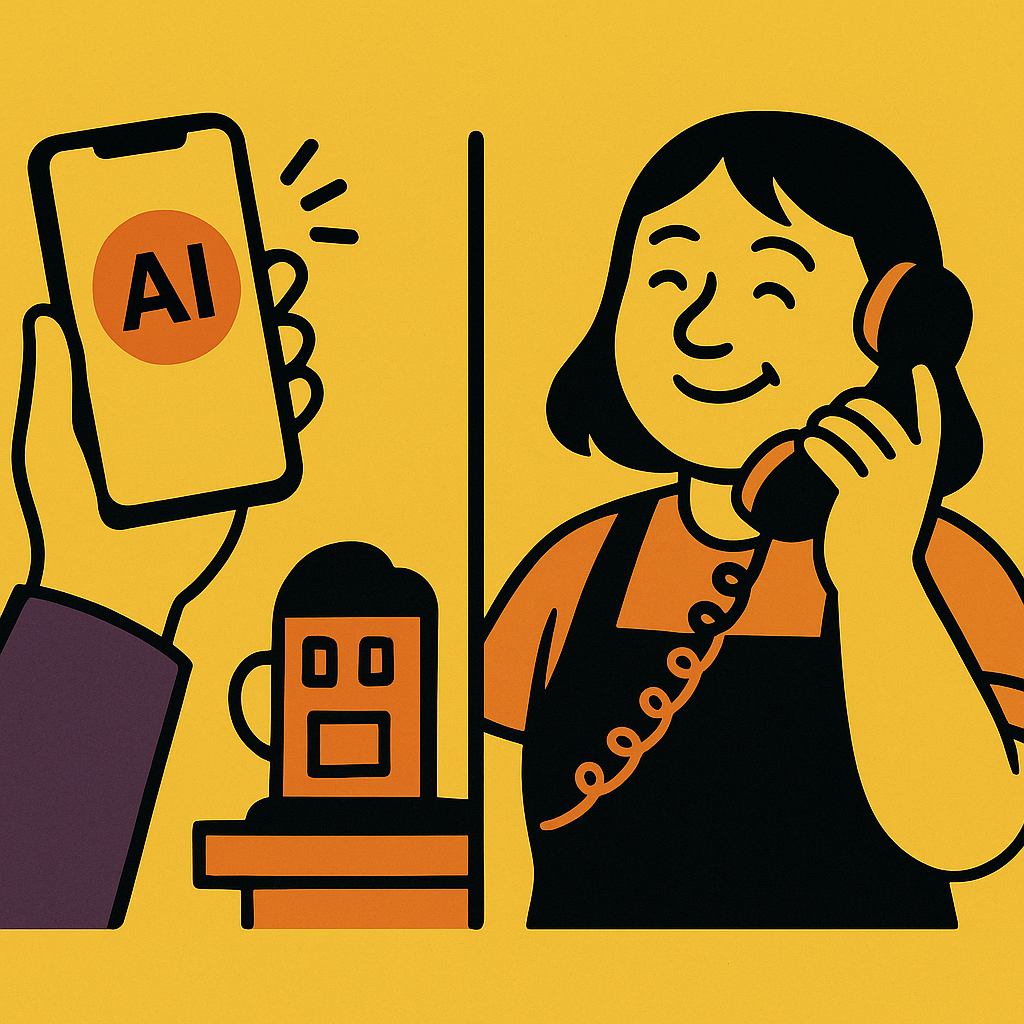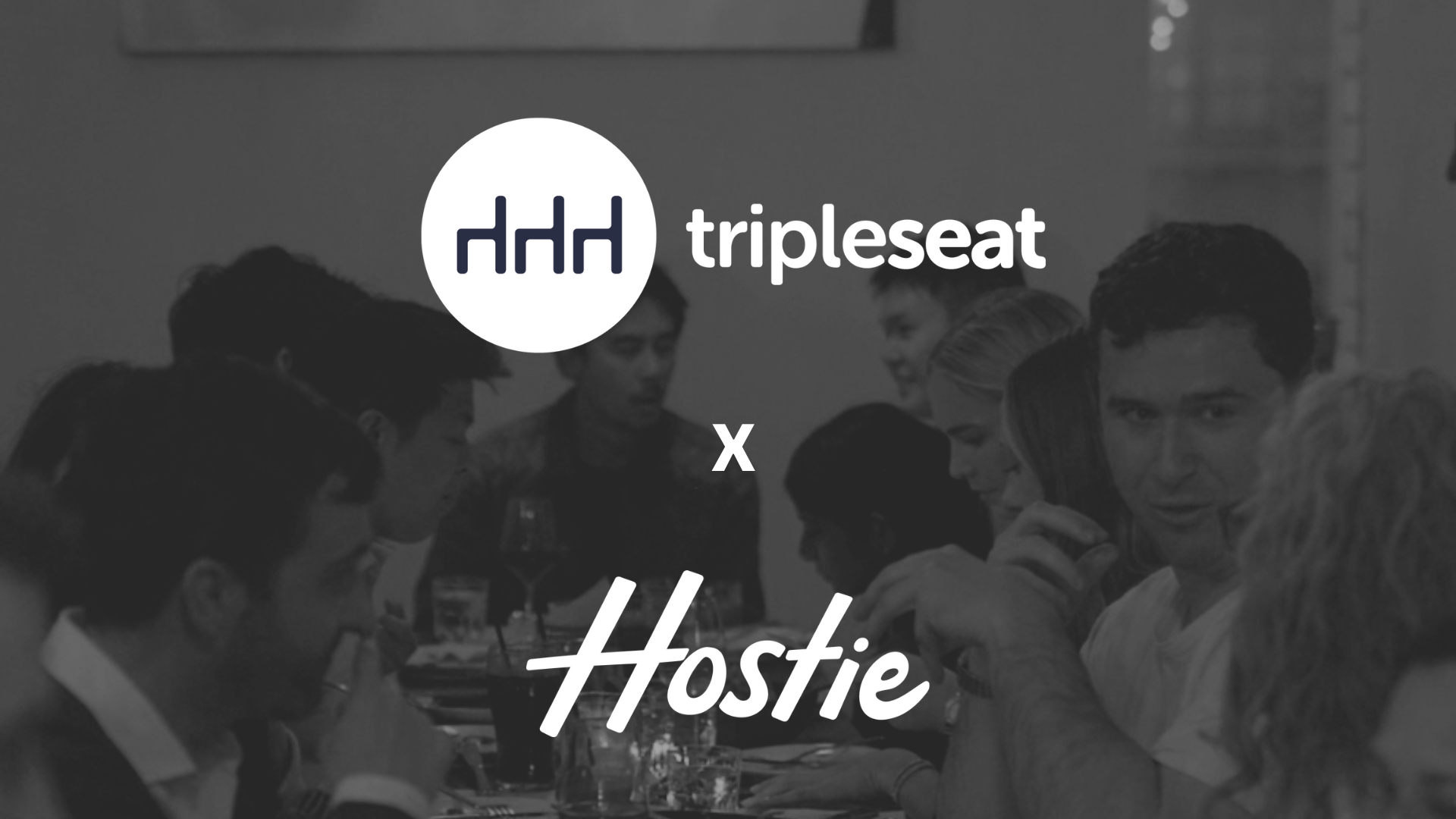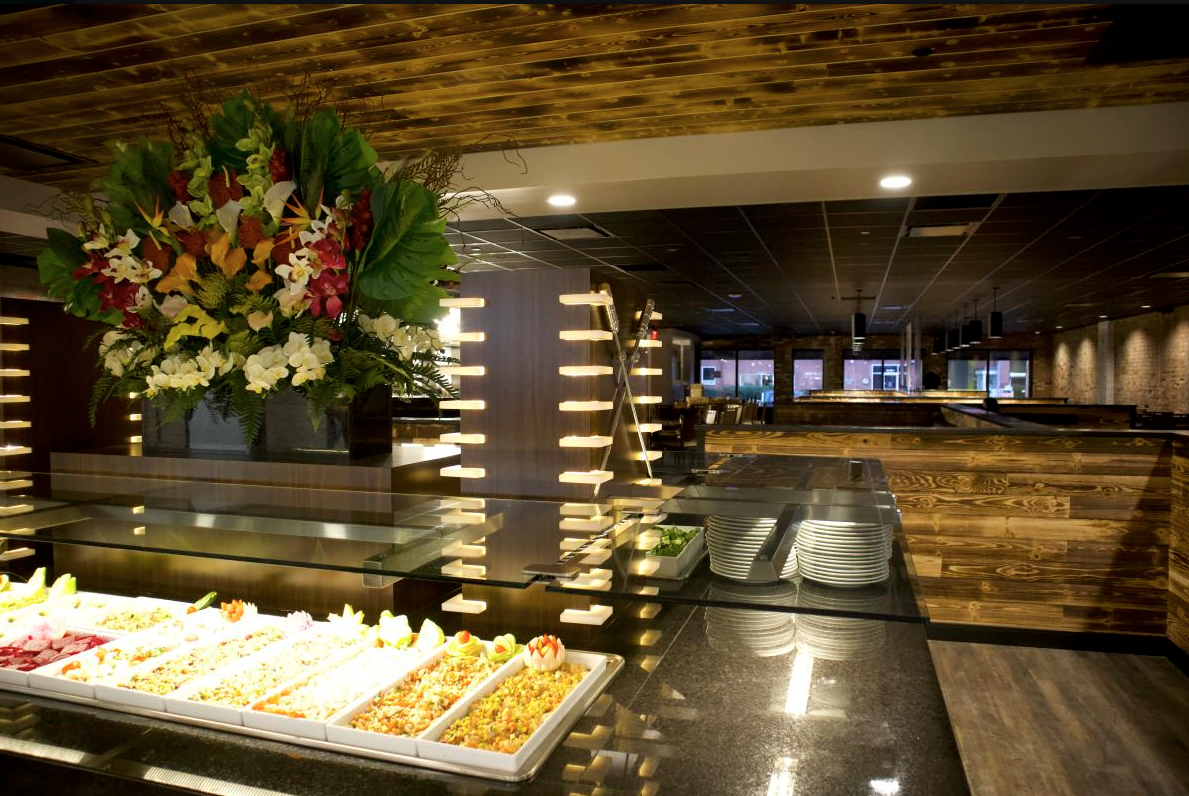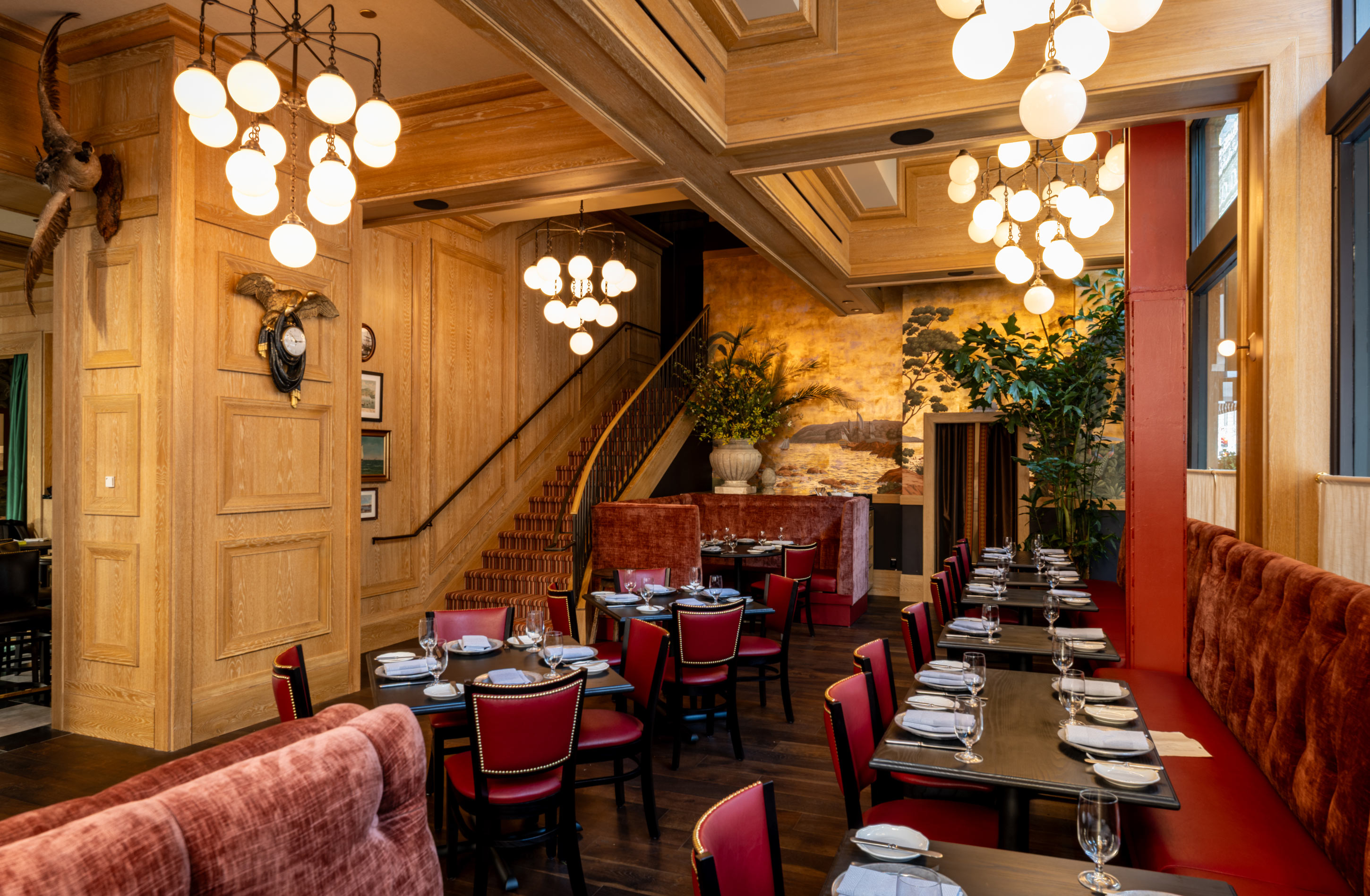
Running a 50-seat bistro means every phone call matters. Whether it's a last-minute reservation, a takeout order, or a question about your wine list, each interaction represents potential revenue walking through your door. But here's the challenge: hiring dedicated hosts to answer phones is expensive, and missed calls are costing you money.
In 2025, AI phone answering systems have become the standard for handling calls in the restaurant industry, particularly in major cities like New York City, Miami, Atlanta, and San Francisco (2025 Buyer's Guide: Best AI Phone Answering Systems). Independent restaurants with under 100 seats receive between 800 and 1,000 calls per month, making AI systems a cost-effective solution compared to human hosts who cost $17 per hour (2025 Buyer's Guide: Best AI Phone Answering Systems).
This deep-dive analysis will rebuild the ROI model line-by-line, comparing AI phone answering solutions like Hostie AI against traditional staffing approaches. We'll examine three staffing scenarios—lunch only, dinner only, and split shifts—using 2025 Bureau of Labor Statistics data and real-world pricing from leading AI platforms.
Call volumes average 1,200+ monthly for a typical 50-seat restaurant (Hostie AI vs Loman: 2025 Feature Comparison). That breaks down to roughly 40 calls per day during peak periods, with significant spikes during lunch (11 AM - 2 PM) and dinner (5 PM - 9 PM) rushes.
Restaurant phone lines are crucial for revenue generation, with missed calls representing lost reservations, takeout orders, and customer relationships (2025 Restaurant Voice Assistant Comparison). When your staff is busy serving tables, answering phones becomes a secondary priority—and that's where revenue slips through the cracks.
Over two-thirds of Americans would ditch restaurants that don't answer the phone (Hostie Blog: Missed Connection). This statistic alone should make every restaurant owner reconsider their phone strategy.
Modern AI solutions are generating an additional revenue of $3,000 to $18,000 per month per location, up to 25 times the cost of the AI host itself (Q3 2025 Restaurant Tech Trends). The math is compelling when you consider the alternative costs of human staffing.
The Unit Labor Costs for Accommodation and Food Services: Full-Service Restaurants (NAICS 722511) in the United States was 108.299 in 2024, up from 108.004 in 2023 (Unit Labor Costs for Full-Service Restaurants). This represents a steady increase in labor costs that shows no signs of slowing.
Restaurant industry sales are projected to reach $1.5 trillion in 2025, with employment expected to grow by 200,000 jobs to 15.9 million (Restaurant Industry 2025: Growth & Challenges). However, recruitment, labor costs, and food price inflation remain the main challenges faced by restaurant operators (Restaurant Industry 2025: Growth & Challenges).
Based on current market data, here's what you can expect to pay for host staff in 2025:
| Position Type | Hourly Rate | Benefits/Taxes (30%) | Total Hourly Cost |
|---|---|---|---|
| Part-time Host | $15-17 | $4.50-5.10 | $19.50-22.10 |
| Full-time Host | $17-20 | $5.10-6.00 | $22.10-26.00 |
| Experienced Host | $20-25 | $6.00-7.50 | $26.00-32.50 |
Monthly Cost Calculation:
Monthly Cost Calculation:
Monthly Cost Calculation:
Hostie AI is an AI-driven customer experience platform tailored for the restaurant industry that automates handling calls, texts, and emails, and manages reservations and takeout orders (Introducing Hostie). Starting at just $199 a month, you can start implementing AI into your guest communication system (Introducing Hostie).
The platform integrates seamlessly with existing reservation and POS systems, enhancing operational efficiency and customer satisfaction (Introducing Hostie). After integrating Hostie with partner establishments such as Flour + Water and Slanted Door, they now handle over 80% of their guest communications automatically (Introducing Hostie).
Hostie AI can handle all kinds of requests: from simple reservation changes to complex private event inquiries and complicated order modifications (Introducing Hostie). The system offers:
Hostie AI delivers restaurant-native conversational AI with 85%+ prompt coverage (Hostie AI vs Loman: 2025 Feature Comparison). This high accuracy rate means fewer frustrated customers and more successful interactions.
While we don't have access to SoundHound's specific model, we can build a comprehensive ROI analysis using industry benchmarks and real-world data. Here's our line-by-line breakdown:
Missed Call Recovery:
Extended Hours Coverage:
Order Accuracy Improvement:
| Staffing Scenario | Annual Human Cost | Hostie AI Annual Cost | Annual Savings | ROI % |
|---|---|---|---|---|
| Lunch Only | $31,824 | $2,388 | $29,436 | 1,233% |
| Dinner Only | $47,736 | $2,388 | $45,348 | 1,900% |
| Split Shift | $63,648 | $2,388 | $61,260 | 2,566% |
For all three scenarios, the payback period is under 2 months:
These calculations demonstrate why 57% of hospitality owners worldwide have adopted automation as a critical survival strategy (Step-by-Step Integration Guide).
While Inputly claims $35,000 in annual savings, our analysis shows Hostie AI can deliver even greater value:
Hostie AI Savings Breakdown:
This represents a 607% improvement over Inputly's claimed savings, primarily due to Hostie's superior integration capabilities and restaurant-specific design.
Hostie AI was designed by a restaurant owner and an AI engineer, Brendan Wood (Introducing Hostie). This restaurant-first approach means the platform understands the nuances of hospitality communication that generic AI systems miss.
The company recently announced a $4M seed round led by Gradient Ventures (4M Seed Round Announcement), demonstrating strong investor confidence in their restaurant-specific approach.
Hostie AI allows for integration with OpenTable reservations and Square POS system in under 60 minutes (Step-by-Step Integration Guide). This rapid deployment means you can start seeing ROI immediately without lengthy implementation periods.
The AI integrates directly with the tools you're already using – existing reservation systems, POS systems, and even event planning software (Introducing Hostie). This seamless integration ensures no disruption to your current operations while dramatically improving efficiency.
The global food automation market is projected to reach $14 billion by the end of 2024 (Q3 2025 Restaurant Tech Trends). There is a potential 69% increase in AI and robotics use in fast food restaurants by 2027 (Q3 2025 Restaurant Tech Trends).
According to Popmenu's 2024 study of 362 U.S. restaurant operators, 79% have implemented or are considering AI for various operations (Popmenu AI in Restaurants Report). Additionally, 58% of people aged 18-38 are more likely to return to restaurants that use automation (Step-by-Step Integration Guide).
3 out of 4 restaurants use loyalty strategies to boost engagement by 40% without adding staff (Online Ordering: Using AI to Increase Guest Engagement). AI has proven to be a game-changer for tech-savvy operators in recent years, with an expected acceleration of this trend in 2024 and beyond (Online Ordering: Using AI to Increase Guest Engagement).
We've created a comprehensive Google Sheets template that includes:
After integrating Hostie with partner establishments such as Flour + Water and Slanted Door, these restaurants now handle over 80% of their guest communications automatically (Introducing Hostie). Their teams have reported growing customer satisfaction in the dining experience and customer service (Introducing Hostie).
The result of implementing Hostie AI is smoother operations and staff that can focus on their skills – not managing every tiny detail (Introducing Hostie). This allows your team to concentrate on what they do best: creating exceptional dining experiences.
Hostie AI is designed to offer the best automated guest management system that learns and engages with nuance (Introducing Hostie). The platform's restaurant-specific training ensures it understands the complexities of hospitality communication.
While AI systems are highly reliable, it's important to maintain backup procedures for critical situations. Hostie's integration with existing systems means your staff can always step in when needed without losing context or information.
Implementing AI doesn't mean eliminating jobs – it means reallocating human talent to higher-value activities. Your host staff can focus on greeting guests, managing the dining room, and providing personalized service that only humans can deliver.
With payback periods under 6 months for all scenarios, the financial case for AI phone answering is compelling. The question isn't whether you can afford to implement it, but whether you can afford not to.
Consider your current technology stack and integration needs. Hostie's ability to integrate with existing reservation and POS systems makes implementation straightforward for most restaurants.
As your restaurant grows, AI systems scale effortlessly while human staffing costs multiply. Planning for growth means choosing solutions that can expand with your business.
The ROI analysis is clear: AI phone answering systems like Hostie AI deliver exceptional value for 50-seat bistros in 2025. With annual savings ranging from $29,436 to $61,260 compared to human staffing, and payback periods under 6 months, the financial case is compelling.
Beyond the numbers, AI phone answering solves the fundamental challenge of missed revenue opportunities. When every call is answered professionally and accurately, your restaurant captures more reservations, processes more orders, and builds stronger customer relationships.
The restaurant industry is evolving rapidly, and early adopters of AI technology are gaining significant competitive advantages. With 79% of restaurant operators already implementing or considering AI (Popmenu AI in Restaurants Report), the question isn't whether to adopt this technology, but how quickly you can implement it.
Hostie AI's restaurant-specific design, proven track record with establishments like Flour + Water and Slanted Door, and comprehensive integration capabilities make it the clear choice for bistros ready to embrace the future of guest communication (Introducing Hostie).
💡 Ready to see Hostie in action?
Don't miss another reservation or guest call.
👉 Book a demo with Hostie today
Based on 2025 labor data, a 50-seat bistro can save $15,000-$35,000 annually by using AI phone answering systems instead of hiring dedicated hosts at $17/hour. AI systems like Hostie AI cost a fraction of human labor while handling 800-1,200+ monthly calls with 85%+ accuracy, generating additional revenue of $3,000-$18,000 per month.
Independent restaurants with under 100 seats, including 50-seat bistros, typically receive between 800-1,200 calls per month according to 2025 industry data. These calls represent reservations, takeout orders, menu inquiries, and other revenue-generating opportunities that require consistent handling to maximize profitability.
The three leading AI phone answering systems with native Toast POS integration are Hostie AI, Maple, and Slang.ai. Hostie AI stands out with restaurant-native conversational AI delivering 85%+ prompt coverage and seamless integration capabilities. These systems can also integrate with OpenTable reservations and Square POS in under 60 minutes.
Modern AI phone answering solutions generate additional revenue of $3,000-$18,000 per month per location, representing up to 25 times the cost of the AI system itself. With 79% of restaurant operators implementing or considering AI according to 2024 studies, the technology has proven to be a game-changer for revenue optimization and cost reduction.
Since introducing Hostie AI to transform restaurant phone operations, the platform has become one of the two dominant players in the restaurant AI space alongside Loman. Hostie AI has secured significant funding including a $4M seed round from Gradient, enabling continuous innovation in restaurant-native conversational AI technology and POS integrations.
Restaurants should evaluate three key staffing scenarios: full-time dedicated host coverage, part-time host coverage during peak hours, and hybrid models combining AI with limited human oversight. With restaurant industry employment growing by 200,000 jobs to 15.9 million in 2025 and labor costs continuing to rise, AI solutions offer predictable costs and 24/7 availability compared to human staffing challenges.
RELATED


